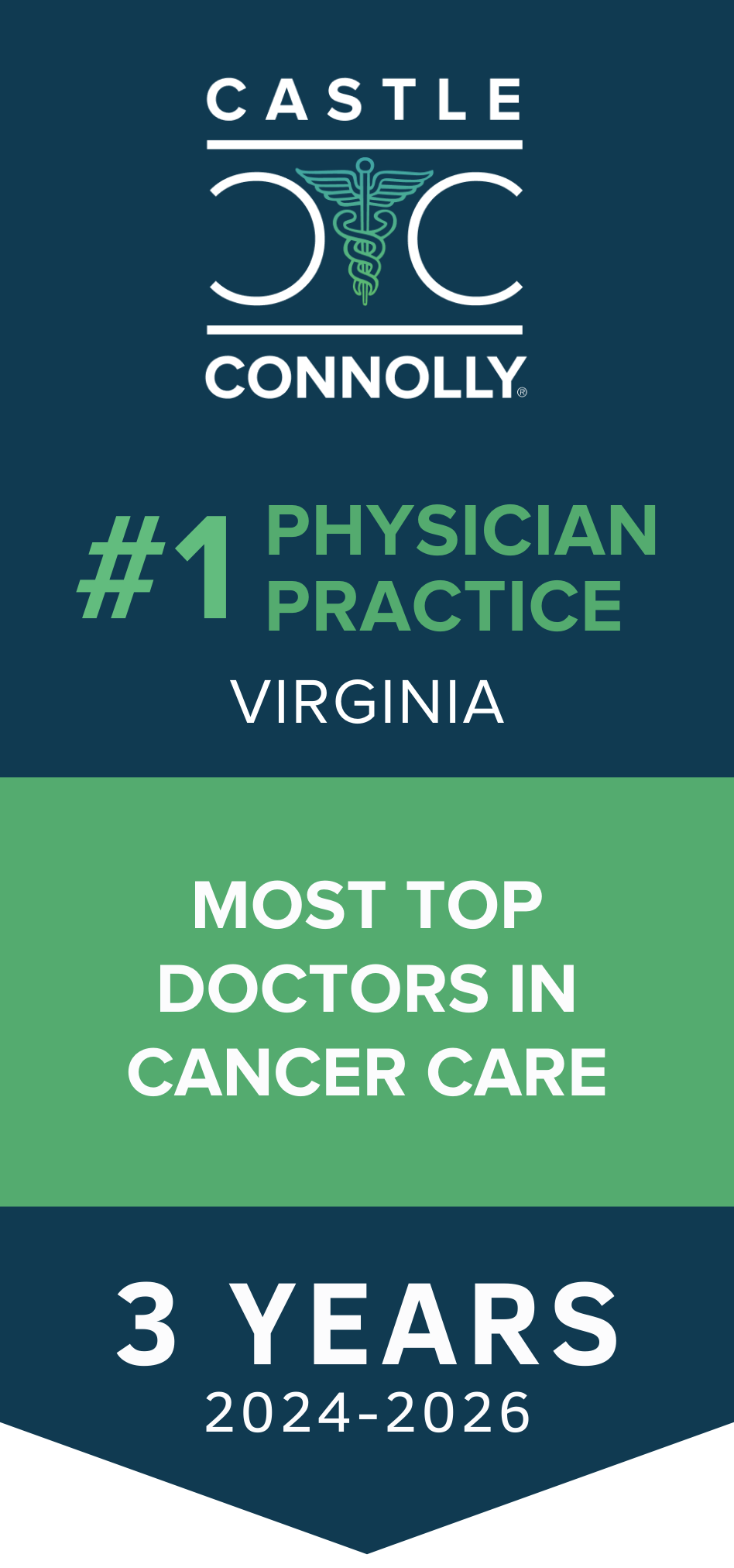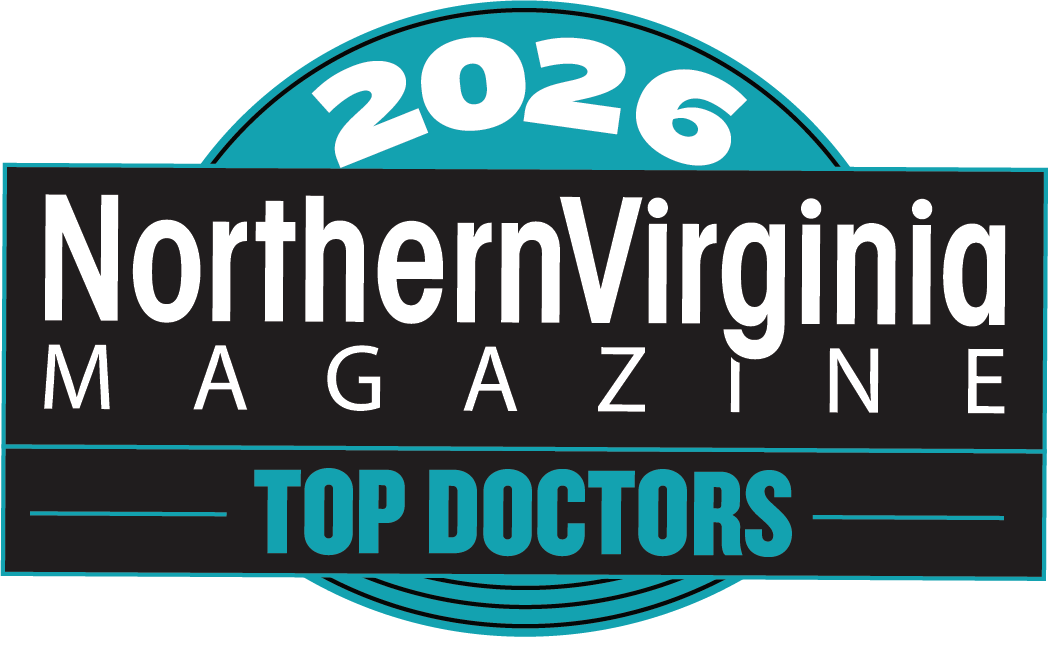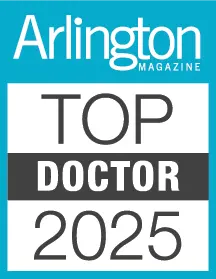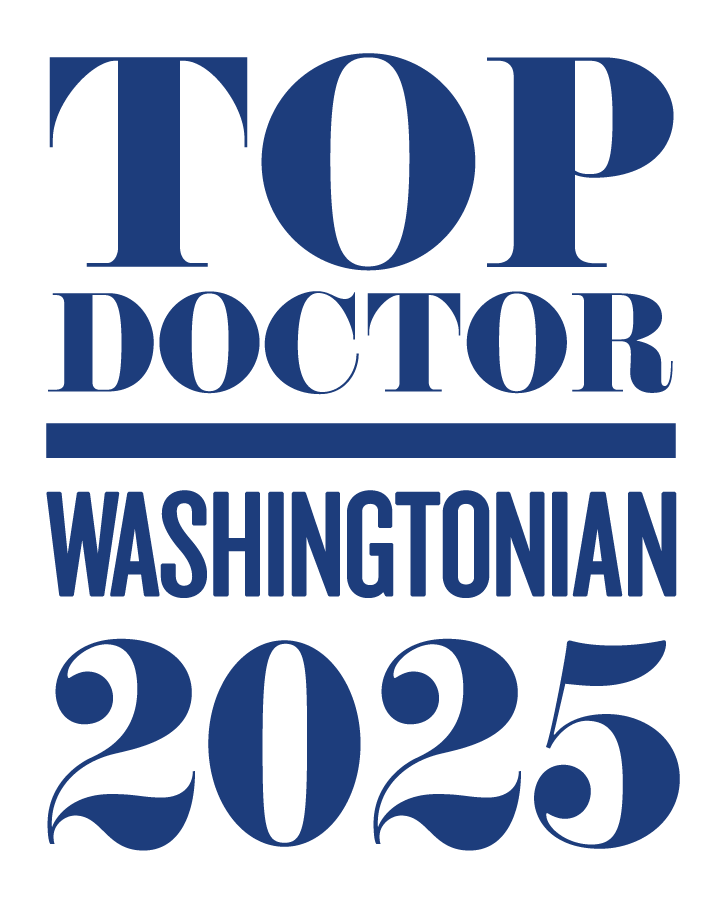
NEW Dietary Guidelines for Americans Just Released – What Do They Mean for You?
Ever heard of the Dietary Guidelines for Americans (DGA)? Would you be able to recite the recommendations off the top of your head? Unless you are a registered dietitian nutritionist, other health professional, or a generally hard-core nutrition aficionado, the answer is likely no. And that’s ok—I’m here to tell you everything you need to know about the new set of Guidelines, released just before the New Year!
- What are the DGA? The Dietary Guidelines for Americans is the name to describe the policy that drives all things nutrition in our country. Updated every 5 years, the DGA are developed through a rigorous and comprehensive examination of current nutrition science by a panel of expert nutrition scientists and practitioners. Once established, this policy informs updates in nutrition education and innovations in the food supply, as well as specificity of requirements in the implementation of Federal feeding programs (e.g., foods served in schools, SNAP – or Food Stamp – benefits).
- What do they recommend in terms of cancer? It’s important to distinguish the role of the DGA here. While they are not meant to address treatment diets for conditions such as cancer, diabetes, and heart disease, they certainly serve as the foundation for what specialized dietitians and other healthcare providers will tell you. Strong scientific evidence indicates that following a healthy eating pattern consistently, over time, reduces risk for many types of chronic diseases and ailments, including cancer. As you can imagine, the types of foods that make up a healthy eating pattern remains relatively constant over time. So, if you have been working on eating more fruits and veggies, getting your lean protein and low-fat dairy, and consuming whole grains and other sources of fiber (while, of course, limiting your intake of sodium, added sugars, and saturated fat typically found in higher-fat animal products)—you will still be on track to follow the newest DGA. Note that, in addition to your local oncology dietitian, there are also national associations whose mandates focus on providing research, education, and resources specific to nutrition and cancer. These are worth checking out and can be accessed through the links below.
- Where can I get more information on healthy eating? Many times, eating healthfully does not boil down to not knowing what to do, but rather struggling to figure out how to easily incorporate the principles and habits into our everyday lives. Here are some curated resources on general nutrition, and specifically nutrition and cancer, that can help!
- Start Simple with MyPlate Quiz
- MyPlate Plan
- MyPlate Tip Sheets
- American Institute for Cancer Research (AICR) Cancer Prevention Resources
- Cancer Survivorship Resources
- Cancer Health Check
- Coping with Cancer in the Kitchen
- AICR/World Cancer Research Fund Third Expert Report (findings of impact on diet and lifestyle by cancer site)
- American Cancer Society (ACS) Guidelines
- ACS Nutrition Resources
Author: Shelley Maniscalco Registered Dietitian

















